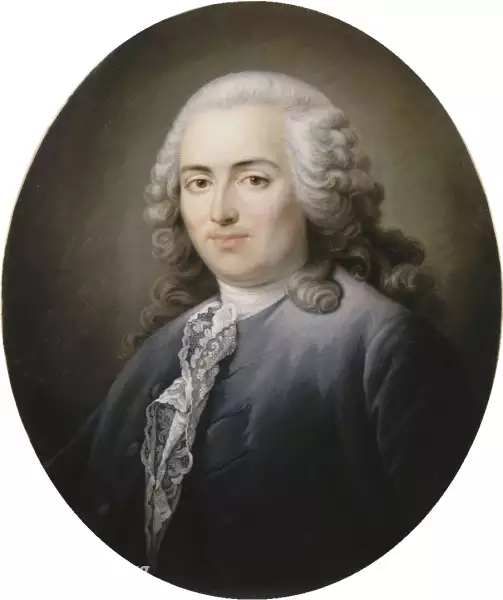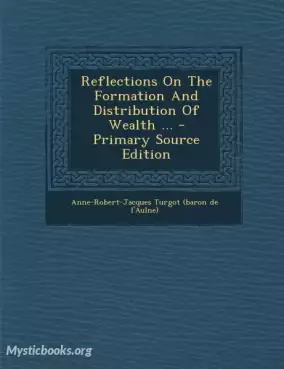
Timeline
Title
Country/Nationality
Anne Robert Jacques Turgot
Anne Robert Jacques Turgot, Baron de l'Aulne commonly known as Turgot, was a French economist and statesman. Originally considered a physiocrat, he is today best remembered as an early advocate for economic liberalism. He is thought to be the first economist to have recognized the law of diminishing marginal returns in agriculture.
Born in Paris, Turgot was the youngest son of Michel-Étienne Turgot, "provost of the merchants" of Paris, and Madeleine Francoise Martineau de Brétignolles, and came from an old Norman family. As one of four children, he had a younger sister and two older brothers, one of whom, Étienne-François Turgot , was a naturalist, and served as administrator of Malta and governor of French Guiana. Anne Robert Jacques was educated for the Church, and at the Sorbonne, to which he was admitted in 1749. He delivered two remarkable Latin dissertations, On the Benefits which the Christian Religion has conferred on Mankind, and On the Historical Progress of the Human Mind. In 1750 he decided not to take holy orders, giving as his reason that "he could not bear to wear a mask all his life."
The first complete statement of the Idea of Progress is that of Turgot, in his "A Philosophical Review of the Successive Advances of the Human Mind" . For Turgot progress covers not simply the arts and sciences but, on their base, the whole of culture – manner, mores, institutions, legal codes, economy, and society.
In 1752, he became substitut, and later conseiller in the parlement of Paris, and in 1753 maître des requêtes. In 1754 he was a member of the chambre royale which sat during an exile of the parlement. In Paris he frequented the salons, especially those of Mme de Graffigny – whose niece, Mlle de Ligniville, later Mme Helvétius, he is supposed at one time to have wished to marry; they remained lifelong friends – Mme Geoffrin, Mme du Deffand, Mlle de Lespinasse and the duchesse d'Enville. It was during this period that he met the leaders of the "physiocratic" school, Quesnay and Vincent de Gournay, and with them Dupont de Nemours, the abbé Morellet and other economists.
In 1743 and 1756, he accompanied Gournay, the intendant of commerce, during Gournay's tours of inspection in the provinces. In 1760, while travelling in the east of France and Switzerland, he visited Voltaire, who became one of his chief friends and supporters. All this time he was studying various branches of science, and languages both ancient and modern. In 1753 he translated the Questions sur le commerce from the English of Josias Tucker, and in 1754 he wrote his Lettre sur la tolérance civile, and a pamphlet, Le Conciliateur, in support of religious tolerance. Between 1755 and 1756 he composed various articles for the Encyclopédie, and between 1757 and 1760 an article on Valeurs des monnaies, probably for the Dictionnaire du commerce of the abbé Morellet. In 1759 appeared his work Eloge de Gournay.
Books by Anne Robert Jacques Turgot

Reflections on the Formation and Distribution of Wealth
The main treatise of M Turgot, early proponent of economic liberalism and a foundational thinker in study of political economy.